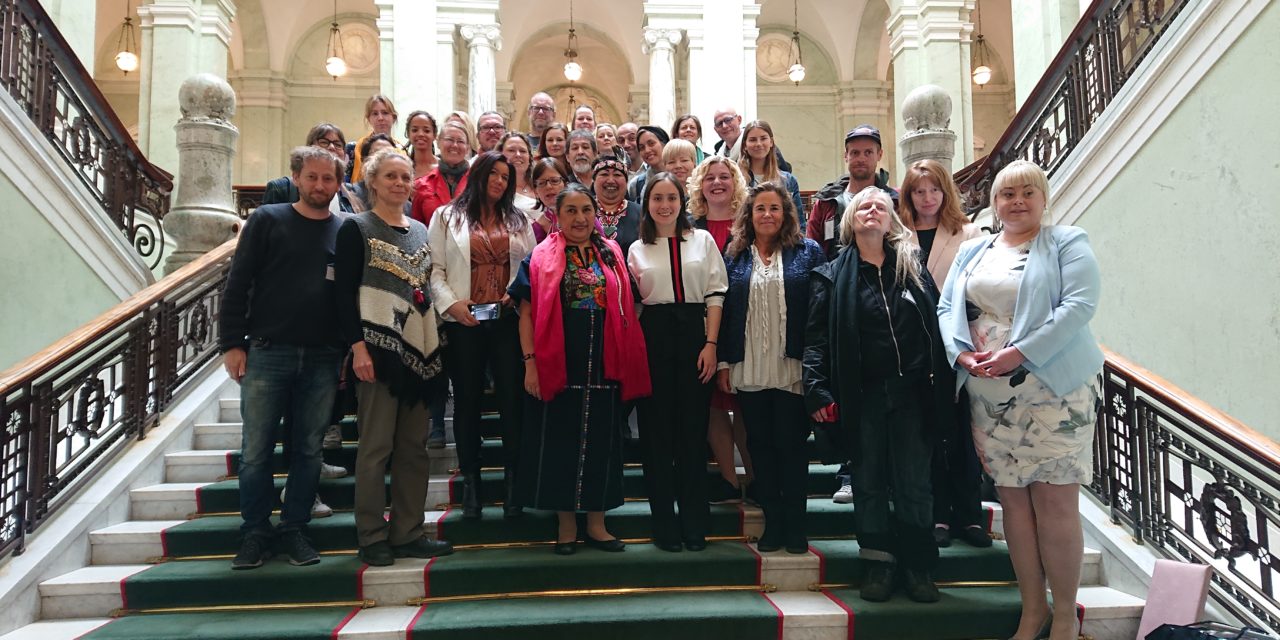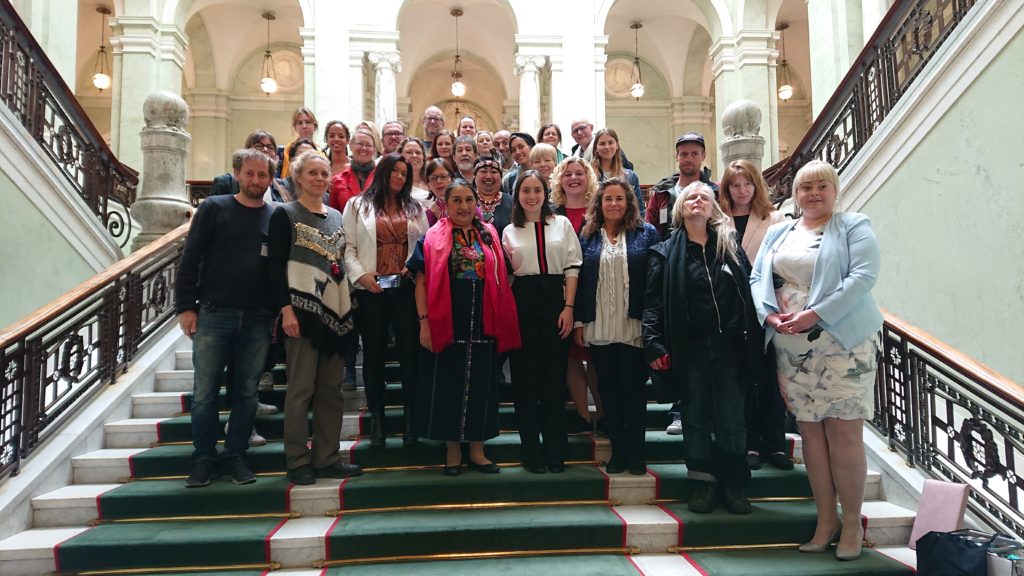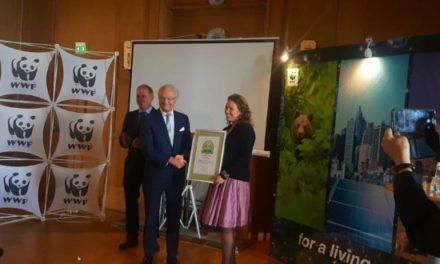The legal rights of nature have been recognized in laws and court decisions in the United States, Ecuador, Bolivia, Brazil, India, New Zealand, and Colombia. Today, there is a growing discussion on protecting the Rights of Nature in Swedish law. A seminar on the subject, hosted by Rebecka Lemoine, MP of the Green Party, and Pella Larsdotter Thiel, Rights of Nature Sweden, was held in the swedish Parliament on May 14 with world leading experts: Mari Margil (CELDF, USA) och Gabriela Eslava Bejarano (Dejusticia, Colombia).
Proposing a Rights of Nature Amendment to the Constitution of Sweden
Protecting the environment is a core value in Sweden. Chapter 1, Article 2, of the Instrument of Government states: “The public institutions shall promote sustainable development leading to a good environment for present and future generations.” This provides a strong starting point to advance legal rights of nature.
Legal rights are generally codified in the constitution of a nation, the highest form of law and legal protection. Other laws – sub-constitutional laws – are subordinate to legal rights and must be consistent with, and not violate, those rights. To secure legal rights of nature in the Constitution of Sweden could occur through an amendment to the Instrument of Government. In Chapter 2 of the Instrument of Government, the fundamental rights of the people of Sweden are codified.
A proposed amendment, modeled on how other rights are structured in Chapter 2, could be very simple – such as:
Rights of nature
Article 26. Nature, including ecosystems, natural communities, and species, shall be guaranteed the following rights and freedoms:
-
rights to naturally exist, thrive, regenerate, evolve, and be restored; and
-
freedom to exercise, enforce, and defend these rights and freedoms.
Process for Introducing an Amendment to the Constitution
A proposed rights of nature amendment to the Constitution could be introduced directly into the Riksdag by Members of Parliament. Members of Parliament may introduce private motions for consideration by the Riksdag. This occurs in the autumn, when the Riksdag opens, during which time Members may propose private motions. Each motion is referred to a parliamentary committee for its review and consideration (a rights of nature amendment possibly would be referred to the Committee on the Constitution, or the Committee on the Environment and Agriculture). The committee then examines the motion and presents a proposal for how the Riksdag should decide before it adopts a position in the Chamber. In 2018, nearly 3,000 motions were proposed by MPs.





